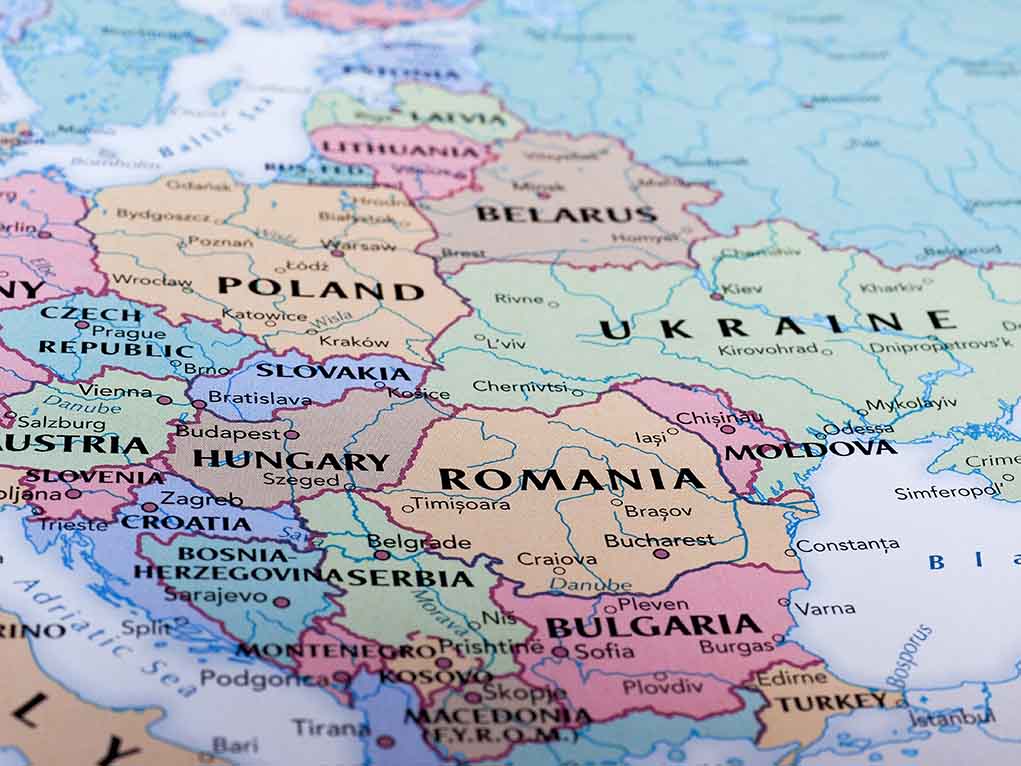
Romanian President Klaus Iohannis resigns amidst controversy and civil unrest, leaving questions about Romania’s future.
Key Takeaways
- Romanian President Klaus Iohannis resigned to prevent a political crisis, effective February 12.
- His resignation follows the annulment of the elections by the Constitutional Court amid allegations of foreign interference.
- Criticism and protests surfaced from both opposition parties and supporters of the far-right candidate, Calin Georgescu.
- The Romanian Senate chief will serve as interim president as plans for elections in May are underway.
- Iohannis’ step down sparks mixed reactions, with some parties claiming victory while others warn of political instability.
Klaus Iohannis Resigns
Romanian President Klaus Iohannis announced his resignation to prevent a potential political crisis and impeachment vote. Having served since 2014, his decision comes as a Constitutional Court ruling annulled the presidential election where far-right candidate Calin Georgescu’s initial win was fraught with claims of Russian influence. This voided election victory resulted in mass protests, leading to civic discontent and political pressure.
Iohannis expressed concern about Romania descending into chaos had he resisted resignation, citing the unnecessary nature of an imminent impeachment trial. His resignation was to ensure national stability with the presidential protocol allowing the Senate chief to assume interim presidential duties.
Romanian President Klaus Iohannis resigns amid criticism over election annulment and ban on Gheorgheescu from running 🤯👀.
The election annulment was due to confirmed foreign interference, sparking controversy and protests. Iohannis' resignation comes as a surprise, but it's… pic.twitter.com/COIRshSRBU
— The Viral Videos (@The_viralvideo_) February 10, 2025
Implications of the Annulled Election
The presidential crisis began when the Constitutional Court annulled the election results, citing irregularities that marred the process. Calin Georgescu’s controversial win prompted parliamentary calls for a third impeachment trial against Iohannis, primarily from ultranationalist parties and the Save Romania Union MPs. Iohannis criticized these moves, warning against potential damage to Romania’s discussions and international stance.
“There will be no talk about how the country will move forward. The candidates will not be able to present their ideas in this negative mix. Externally, the effects will be long-lasting and very negative.” – Klaus Iohannis
The governmental coalition has set a new election date for May, but no definitive calendar has been formalized. This delay and the provisional leadership pose questions about Romania’s future political landscape.
Romanian President Klaus Iohannis resigns amid criticism over election annulment and ban on Gheorgheescu from running 🤯👀.
The election annulment was due to confirmed foreign interference, sparking controversy and protests. Iohannis' resignation comes as a surprise, but it's… pic.twitter.com/COIRshSRBU
— The Viral Videos (@The_viralvideo_) February 10, 2025
Reactions and Protests
The announcement of the resignation triggered varied reactions, including clashes between law enforcement and supporters of Georgescu. Meanwhile, opposition figures like George Simion from the AUR party viewed Iohannis’ resignation as inevitable, claiming it circumvented a parliamentary impeachment.
“The usurper is finally gone, if he had not resigned, he would have been impeached by (Romania’s) Parliament and thrown out.” – George Simion
Leaders from the political-left underscored the need for institutional alignment, while parliament remains focused on negotiating the upcoming electoral rematch. Romania faces a challenging road ahead, balancing both internal pressures and maintaining its standing in the EU and NATO.
Sources
1. Romanian President Klaus Iohannis resigns to avoid political crisis
2. Romanian President Resigns Amid Protests Over Annulled Election




